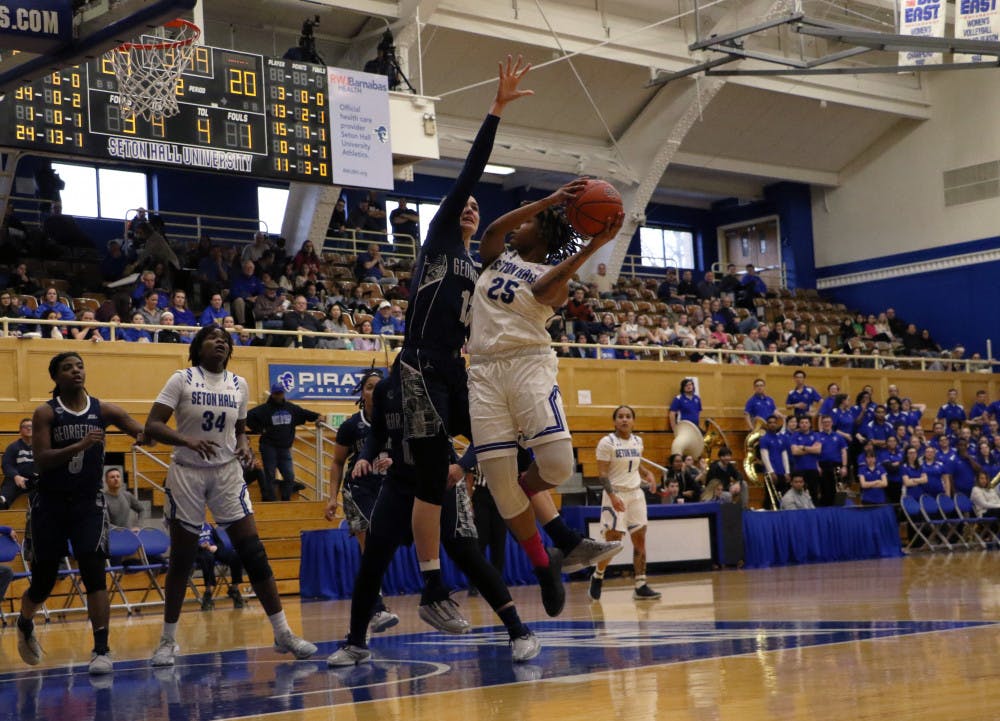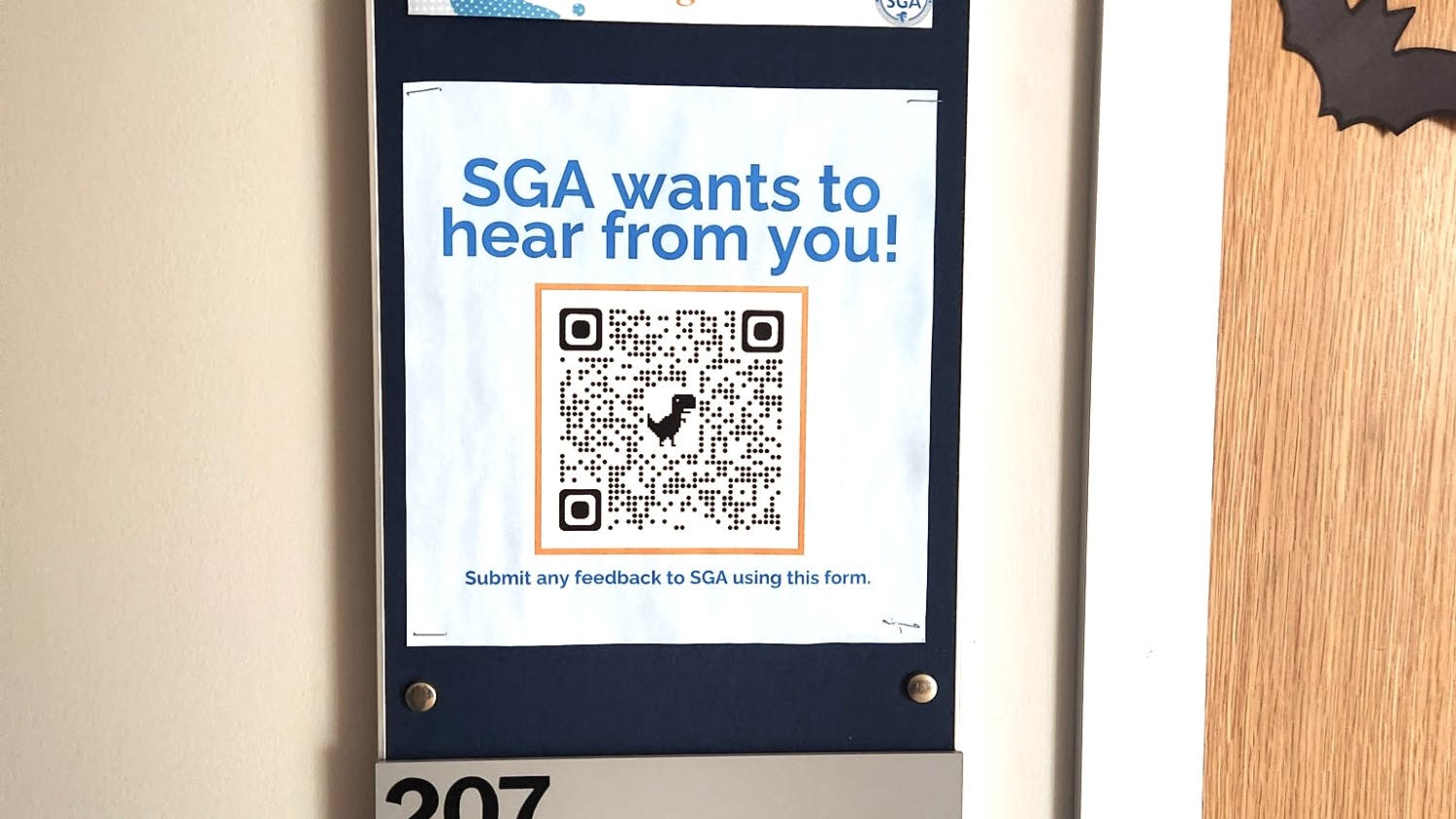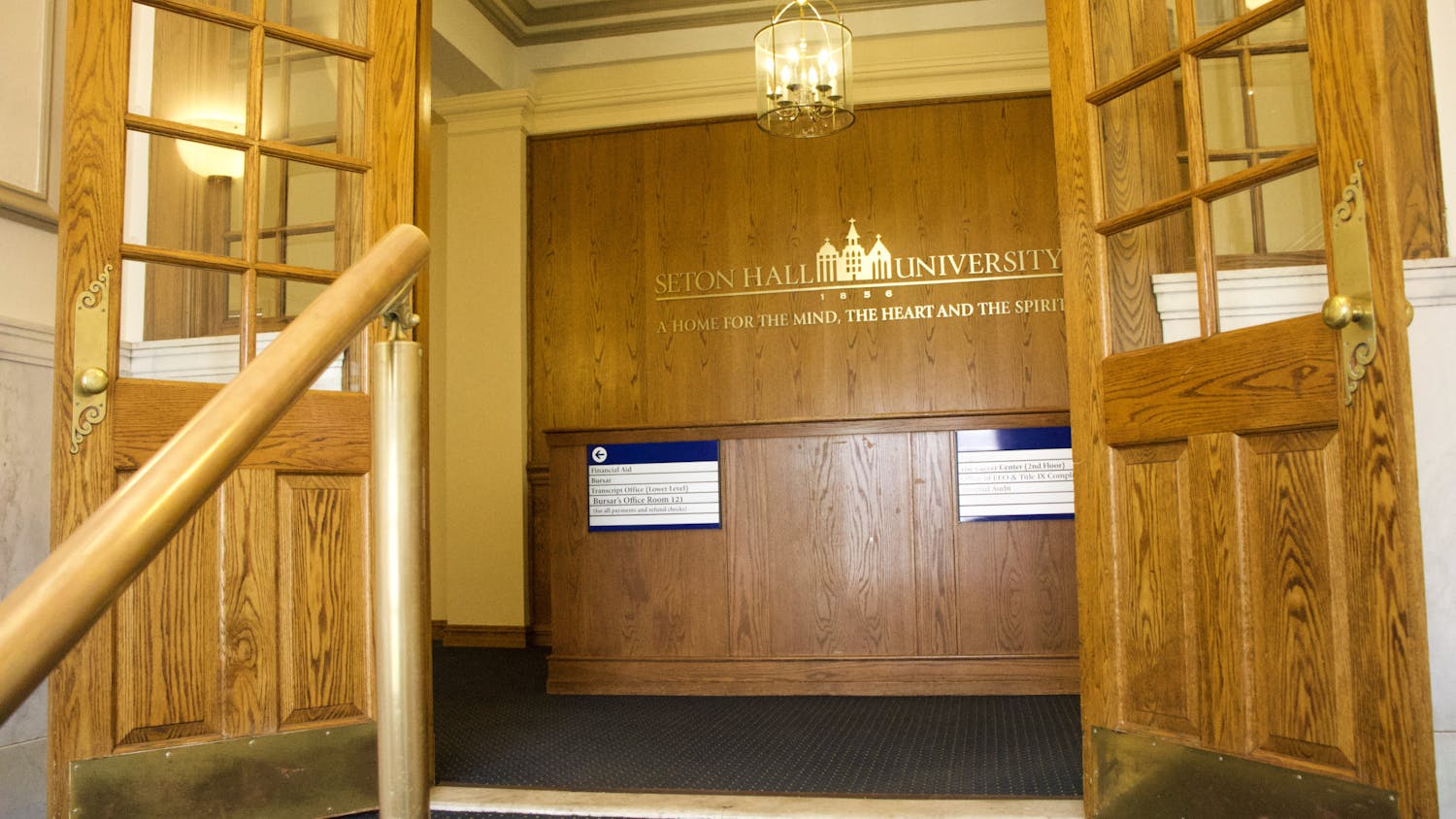Personal information of 1,500 seniors – contained in an e-mail attachment – was accidentally sent to 400 students on Tuesday.
The e-mail attachment, which was an Excel spreadsheet, listed the students' names, home addresses, e-mail addresses, student identification numbers, majors, credit hours and grade point averages, according to a "Security Incident" e-mail sent Tuesday evening by interim Provost Larry A. Robinson.
"The e-mailing of this confidential spreadsheet constitutes a security incident under University policy," Robinson said in the e-mail.
Students who had received the e-mail were instructed "not to open, view, forward, send, discuss or otherwise distribute the spreadsheet," Robinson said.
Those who had opened the spreadsheet were told to contact Christopher Kaiser, associate dean for Undergraduate Student Services and Enrollment Management, immediately.
"This matter is under review," Kaiser said in an e-mail statement. "The University is taking the necessary steps to investigate the incident and respond quickly and appropriately."
Students have expressed disapproval over the incident.
"I could not believe that personal information about students were (sic) just e-mailed like that. At first, I was furious and wondering if I was one of the students on the list that had personal information given out about it," senior Cathryn Carino said in an e-mail interview. "Then I found out that some of my friends were on the list and received the e-mail, and they were the ones furious and had every right to be. I don't know how someone can just 'accidentally' send a spreadsheet of 1500 students to 400 students."
One student said she did not have a problem with the information being shared.
"Perhaps it is just my personal view, but I did not see a huge deal in this information being provided. It was a mistake, yes," junior Amanda Frankel said. "Should it have been double checked? Absolutely. But the students on the list are upperclassmen applying for jobs everywhere, grad school, law school. The information is going to be provided to an outside source at one point or another."
Frankel, who received the e-mail but did not open the attachment, said since Social Security numbers were not included, and most students talk about their grades with other students, she did not see a threat.
"This view might be criticized as indifferent, but I am not entirely sure how this information leak will really affect me personally if I've already supplied this to internships, honor societies and other things outside of Seton Hall," Frankel said.
According to Peter Nacy, assistant vice president for admissions, 1,129 seniors are registered for the 2010 fall semester.
1,500 students, who were referred to as seniors in the security notification, were on the spreadsheet.
"The College of Arts & Sciences pulled the list based on credits completed and in progress," Kaiser said in a follow-up e-mail.
According to Kaiser, the University is working to remedy the situation.
"It is my understanding that all precautions are being taken to ensure the safety of all accounts at this time," Kaiser said.
Carino wonders how the University is going to fix what happened.
"I really hope that person (who sent the e-mail) gets punished for their actions," Carino said. "It's an invasion of privacy and a security issue. I don't know how Seton Hall can fix this."
According to Robinson, the spreadsheet was "inadvertently" attached to the e-mail.
"The spreadsheet was sent in error and is deeply regretted," Robinson said.
Jessica Sutcliffe can be reached at jessica.sutcliffe@student.shu.edu.





